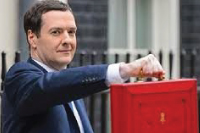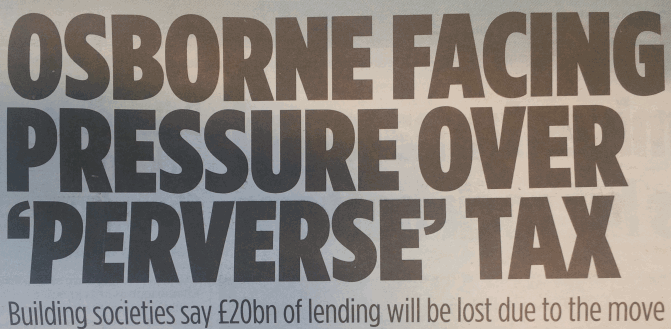
In our article on 26th November 2015, just after the Autumn Statement, we briefly summarised the news and impact for buy to let investor community. The third budget statement of the calendar year carried with it a second wave of bad news for the private buy to let investor. After having the higher rate tax relief removed (phased in from April 2017) in the Spring budget, the Chancellor announced that new buy to let and second home purchases would be subject to a 3% stamp duty premium from April this year. This means a £175,000 property purchase will see stamp duty rise six fold from £1,000 to £6,250 and a £400,000 purchase rise from £10,000 to £22,000.
These two announcements shift the buy to let goal posts and will make it difficult for investors to receive a desired return on investment. The bad news could continue as the Government has hinted at giving the Bank of England more power when it comes to limiting buy to lets, in the form of Loan to Value (LTV) restrictions on lending. This would not only affect new purchases but also those investors looking to re-mortgage their existing properties to release funds.
The Government is under pressure to address the housing crisis and although these measures won’t increase the housing supply, they will satisfy one of their key objectives and increase the properties available to first time home buyers. They also hope that it will move the Private Rented Sector (PRS) into the hands of professional landlords ahead of predicted adoption of the Scottish licensing system.
Last but not least the final pressure point on buy to let investors comes in the form of a pending rise in interest rates. A zero inflation rate continues to postpone the inevitable but a rate rise will come and it could have a dramatic effect on the investment’s profitability.
Analysis by Telegraph Money suggests that buy to let investors purchasing mortgaged properties today are set to lose money within five years almost regardless of where (in Britain) they invest. They sight the change in taxation and pending mortgage rate rises as being the key factors that will put profitable investments into negative returns.
“Using current house price, rental and mortgage rate data, the calculations suggest landlords who borrow a typical 75pc of a property price today will be losing money each month by 2021 in ten out of 11 British regions, including London.” – Telegraph Money
All bad news for those looking for property backed investments? Not necessarily…
An area of property investment that was previously the reserve of professional investors and fund managers is an investment into debt rather than equity. In other words you lend someone money against their property and receive regular interest rather than buying the property yourself. By investing in debt rather than equity, you receive a regular fixed income over a fixed period of time while considerably reducing your risk and exposure to the fluctuations of the property market. Stop making mortgage interest payments and start receiving them.
This has been made possible by the advancement of Peer-to-Peer Lending (P2P Lending), which enables private investors to lend directly to borrowers where their loan is secured against their property.
Proplend is a P2P Lending platform that specialises in loans secured against income producing, UK commercial property. As a Lender you receive a fixed income return over a fixed term with your interest paid monthly. In the unlikely event that the borrower defaults the property is sold in order to return capital back to the investors. Rates range from 5-12% pa* depending on the loan and the associated risk. Would you be getting that on a buy to let now?
So, if you’re looking for a secured return why not look at lending rather than buying? No stamp duty, no buying/selling costs, no tenants to deal with and a return of 5-12% pa*.
To find out more please visit proplend.com or call a member of the team on 020 3397 8290.
Capital at risk.
*After fees, but before bad debts and taxes

